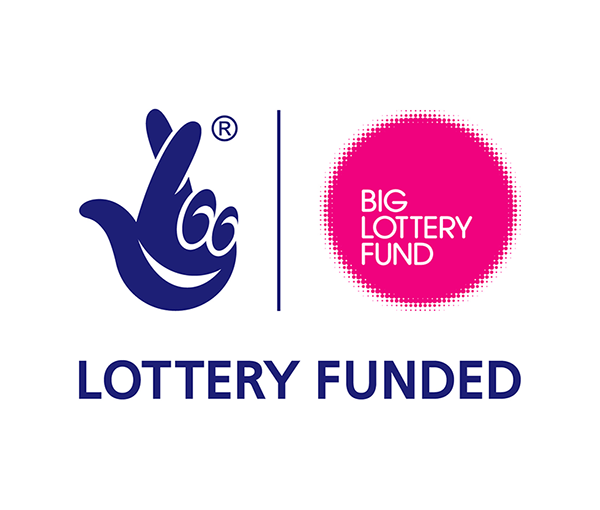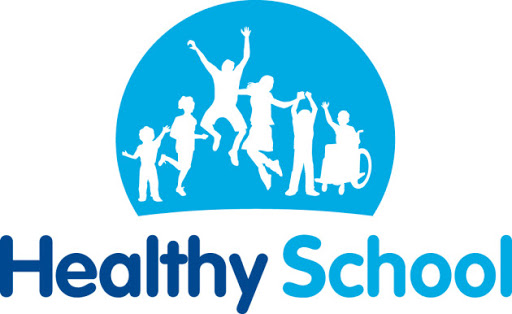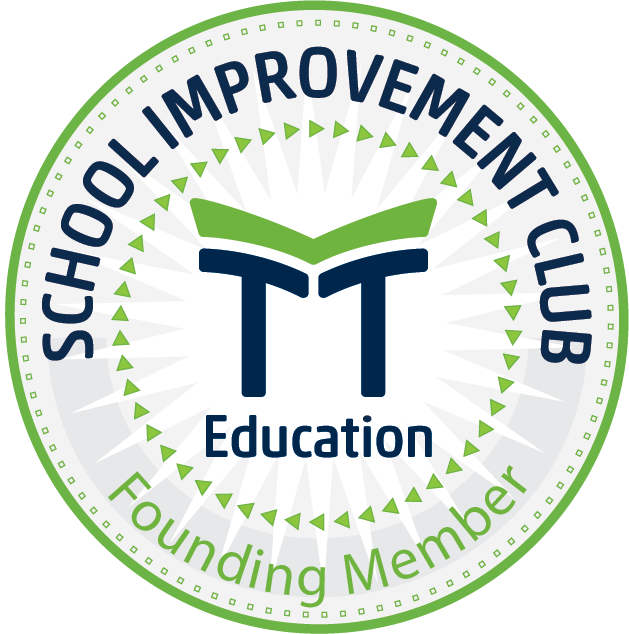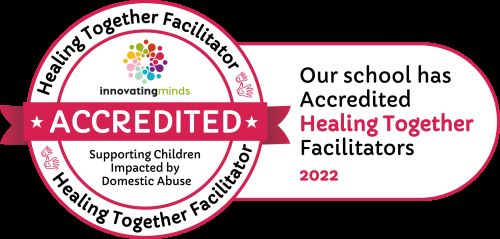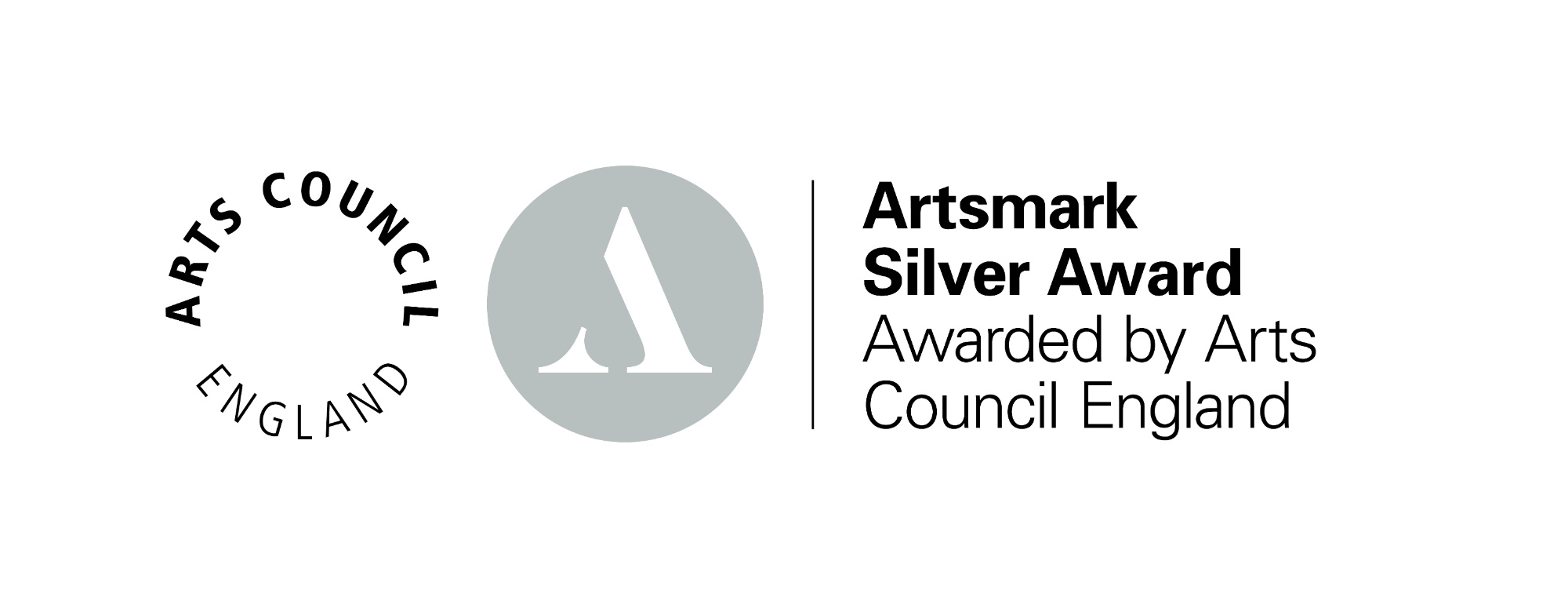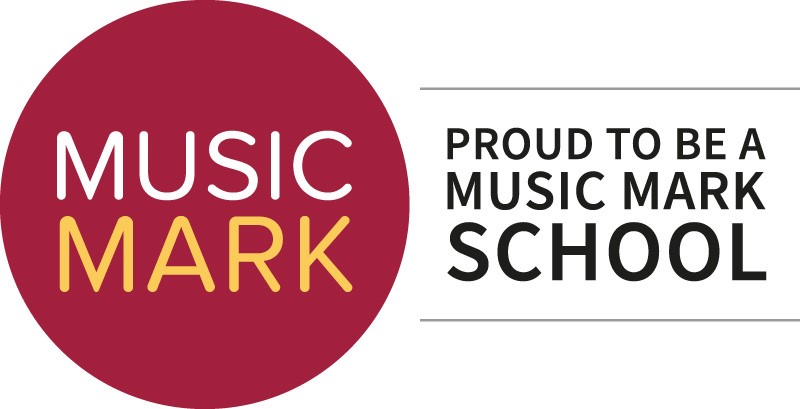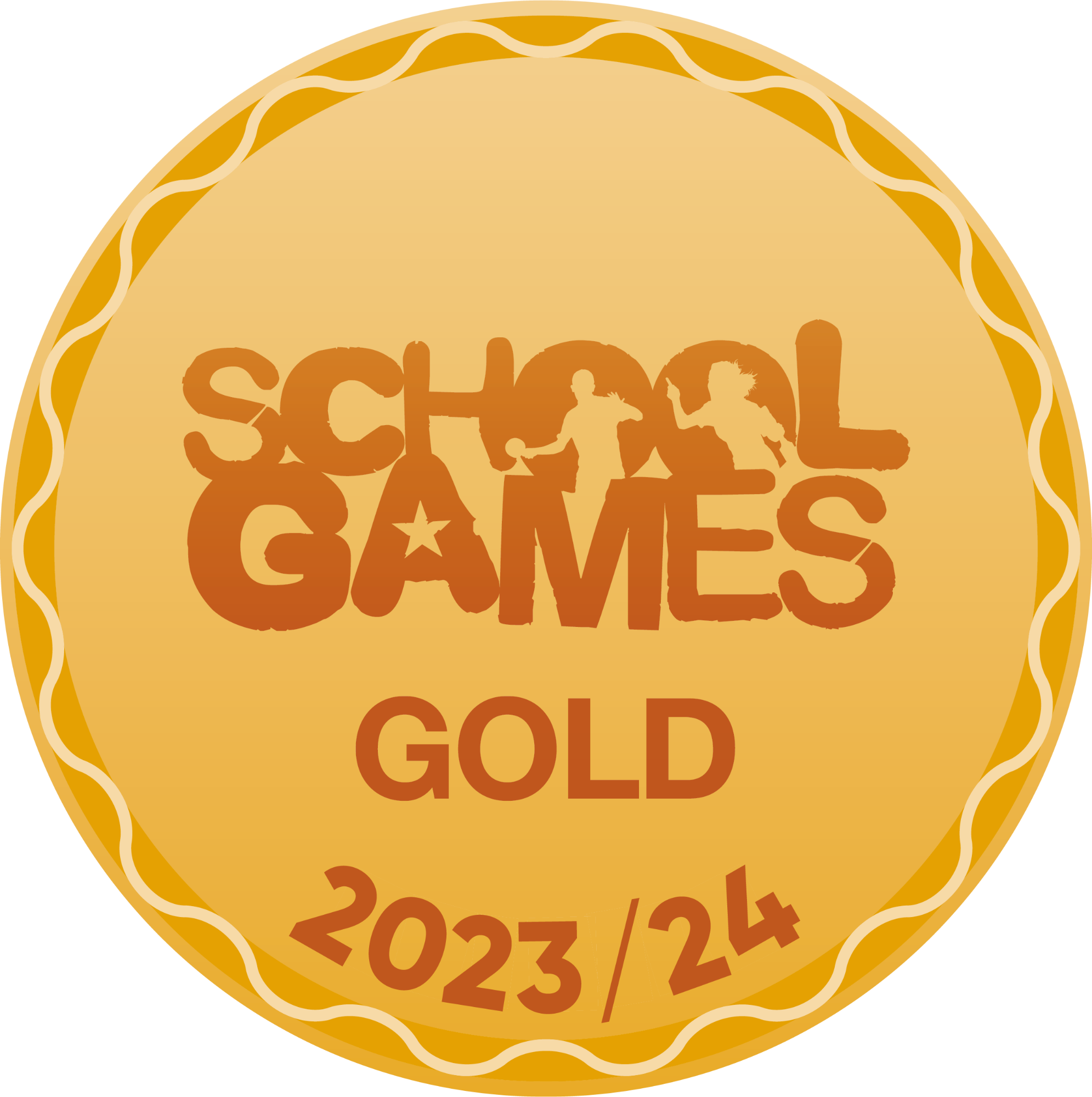Year 1
Summer Term 2024
Our topics this term are HOMES and Wonderful World. A flavour of some of what the children will be learning and experiencing during these topics is given below.
HOMES
During Literacy this term, we will explore Traditional Tales and stories with familiar settings and use these as inspiration to enable us to develop our fictional writing. Throughout the term, we will focus on remembering to use capital letters, finger spaces and full stops within all of our sentences. We continue to develop our writing by using a range of interesting adjectives to describe the appearance and behaviour of characters as well as settings. We will be encouraged to demonstrate our ability to extend some of our writing by using a range of conjunctions such as ‘and’, ‘but’, ‘so’ and ‘because’. We will apply our phonics knowledge from our phonics sessions to support us with sounding out words (segmenting) and choosing the right sounds (graphemes) to record them.
In Numeracy, we will begin by recapping place value up to 100, including partitioning and comparing numbers. This will further support our addition and subtraction learning, which will include a focus on related facts and solving missing number questions. We will then move on to measurement where we will learn about mass and volume (building on our length and height work in the Spring term). This will include making comparison between objects and using practical skills to answer questions. Our final maths focus will be geometry as we focus on position and direction. This will involve us describing the relative position of objects to one another and describing turns that they can make.
In Science, we will explore the topic ‘Animals including Humans’. Initially, we will revisit our knowledge and understanding of being able to identify, name, draw and label the basic parts of the human body. As part of our ‘sticky knowledge’, we will recap our ability to say which part of the body is associated with each sense. We will then explore identifying and naming a variety of common animals including fish, amphibians, reptiles, birds and mammals. Following on from this, we will also describe and compare the structure of a variety of common animals including pets. Through the science enquiry type identifying, classifying and grouping, we will also be able to identify and name a variety of common animals that are carnivores, herbivores and omnivores. Throughout the term, we will develop our ability to work scientifically. As part of our ongoing work with observing seasonal changes over time, we will carry out a summer walk around the school grounds taking note of, for example, the weather, what we are wearing and how the trees look.
In History, we will be learning about how our homes have changed through the ages. We will compare our homes in the past through to today and look at how artifacts from homes in history have developed through the ages too. In particular, we will use images to make comparisons of houses from Victorian times to modern times. We will also order different types of houses from British history on a timeline including the Iron age, Romans, Vikings and Anglo Saxons, Normans, Middle Ages, Tudors, Stuarts, Georgian, Victorian and modern age.
In Computing, we will be introduced to early programming concepts where we will explore using individual commands, both with others and as part of a computer program. We will be able to identify what each floor robot command does and will use the knowledge we acquire to start predicting the outcome of programs. We will also explore the early stages of program design through the introduction of algorithms.
In Art, we will be exploring colour mixing to create secondary colours. We will use Paul Klee ‘Castles and Sun’ as inspiration to create our own colourful artwork of our homes. We will also be exploring mono prints using foam blocks to print the image of our homes.
During Music, we will develop our use of musical language through the topics of “Under the Sea” and “Animals”. We will develop our ability to respond to the beat, and change movements and actions relevant to the dynamic of the piece. Throughout the term, we will have the opportunity to use instruments and our voices to perform from memory, playing in time and working collaboratively as a class. We will create little melodic ideas and will work toward fitting these into a bigger class piece.
In PE, our indoor sessions will be yoga. Throughout the topic, we will learn about mindfulness and body awareness. We will begin to learn poses and techniques that will help us to connect our mind and body. The topic will provide us with the opportunity to improve our wellbeing by building strength, flexibility, co-ordination and balance. The topic for our outdoor PE sessions this term will be athletics. We will develop skills required in athletic activities such as running at different speeds, changing direction, jumping and throwing. Throughout the topic, we will engage in performing skills and measuring performance as well as competing to improve our own score against others. Within the sessions, we will have a range of opportunities to work collaboratively as well as independently.
In Design Technology, we will be investigating what makes a good sandwich before designing our own, which we will then make and eat as part of our own Teddy Bears Picnic. This will also link nicely with our discussions in PSHCE.
As part of our learning in RE, we will be learning about who Christians say Jesus was through lots of discussion work. We will also discuss and depict what Jesus might have looked like through art and learn about his 12 disciples. We will also be listening some of the parables of Jesus and the meaning behind these.
In PSHE, we will be looking at what it means to be ‘Growing in Our World’. The children will explore the human cycle and how our families are special and unique. Identifying how they have changed since they were babies and suggest ways in which they might continue to change as they grow. Children will also be able to identify that all families are different and that this makes them special and unique. To link with our DT we will also be looking at ‘Is it safe to eat or drink?’, the children will identify items which are safe or unsafe to eat and drink.
Wonderful World!
During Literacy this term, we will be learning about poetry. We will use the story of ‘The Mixed Up Chameleon’ to help us write similes. We will then be exploring stories from other cultures. The children will be predicting what might happen in our chosen stories, sequence the main events, describe the settings and the characters. We will also write a recount from our trip to Hamerton Zoo. The children will use time conjunctions to write about the events in chronological order. The children will continue to work on including punctuation in their sentences, use descriptive language and include conjunctions to extend their sentences.
In Numeracy, we will begin the term by consolidating our understanding of being able to add and subtract one-digit and two-digit numbers to 20, including zero. We will develop our ability to solve one-step problems that involve addition and subtraction by using concrete objects and pictorial representations. We will also revisit our work on missing number problems. Within the term, we will revisit and consolidate our ability to read and make the time to the hour and half past the hour, solve one-step problems involving multiplication and division and recognise, find and name a half and a quarter of an object, shape or quantity. We will also revisit multiplication and division as we continue to build up of skills of counting in 2s, 5s and 10s.
In Science, we will continue our learning around the topic ‘Animals including Humans’. We will begin the term by reading the text ‘A Tiger Who Came to Tea’ by Judith Kerr. As part of our cross-curricular learning, we will then write a letter to Sophie, a main character from the story, explaining our reasons toward if the Tiger would make a good pet. As part of our pattern seeking work, we will then explore the following question: ‘Is there a pattern in where we will find minibeast in our school grounds?’. Within the term, we will also be visiting Hammerton Zoo to carry out our own research. As part of our ongoing work with observing seasonal changes over time, we will carry out another seasonal changes walk around the school grounds taking note of, for example, the weather, what we are wearing and how the trees look. We will then collectively discuss our findings on seasonal changes from throughout the academic year.
As part of Geography, we will be learning about the names and locations of the continents and oceans of the world. We will also identify where the hot and cold areas of the world are in relation to the equator and poles. Then, we will focus on China looking at where it is located and how we would travel there from the UK. This learning will also include comparing both the human and physical features found in China to those in the UK.
In Computing, we will learn about on-screen programming through ScratchJr where we will explore the way a project looks by investigating sprites and backgrounds. We will use programming blocks to use, modify and create programs. We will continue to develop our understanding of the early stages of program design through the introduction of algorithms.
In Art, there will be a focus on learning how to create landscapes. We will look at the work of ‘Monet’ and his water themed landscapes in particular. We will use observational drawing to sketch a landscape of our local area such as Hampton lakes. We will then use watercolours to paint our landscapes in the style of ‘Monet’. We will discuss how to create reflections in the water using colour.
During Music, we will be studying works under the KAPOW scheme of learning. We will use the inter-related dimensions of music, through singing, performing, composing and listening to develop our musical skills.
In PE, our indoor sessions will be gymnastics. We will explore the basic gymnastic actions on the floor and using low apparatus. We will develop the basic skills of jumping, rolling, balancing and travelling both individually and in combination to create movement sequences. Throughout our gymnastic sessions, we will have opportunities to select our own actions to build short sequences and develop our confidence in performing. Over the term, we will begin to understand the use of levels, directions and shapes when travelling and balancing. The topic for our outdoor PE sessions this term will be striking and fielding where we will explore games where there are two teams, one, the batting team, trying to score points and the other, the fielding team, trying to stop the batting team from scoring points. We will develop our understanding of the principles of defending (fielding) and attacking (batting) for striking and fielding games. We will use and develop skills such as throwing and catching, tracking a ball and striking a ball. Throughout our outdoor sessions, we will learn how to score points in these types of games, how to play to the rules and use simple tactics. We will explore showing respect toward others when playing competitively and develop communication skills to manage small sided games.
As part of our learning in RE, we will learn about the life of a Muslim family. We will begin by discussing the key beliefs of a Muslim to gain a better understanding, we will learn about where and how a Muslim worships god and the different celebrations such as Ramadan and Eid.
In PSHE this half term the children will identify items which are safe/unsafe to play with in and around our homes. After this we will discuss what a hoax call is, looking at the risks of making a hoax call to the emergency services and how our actions can affect others.

